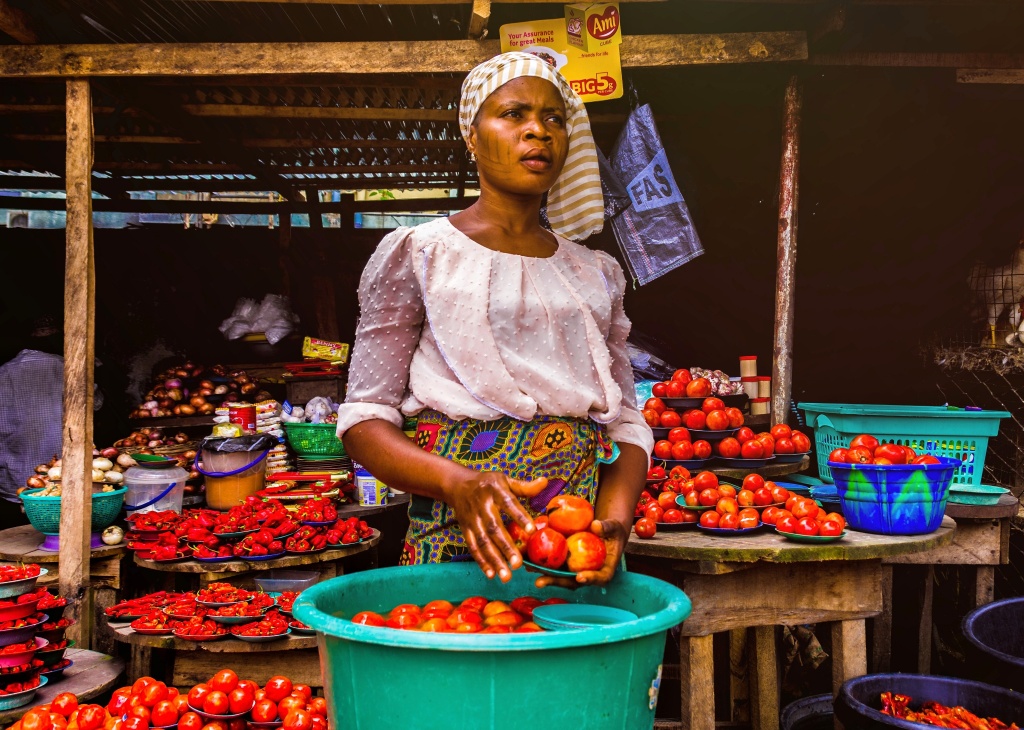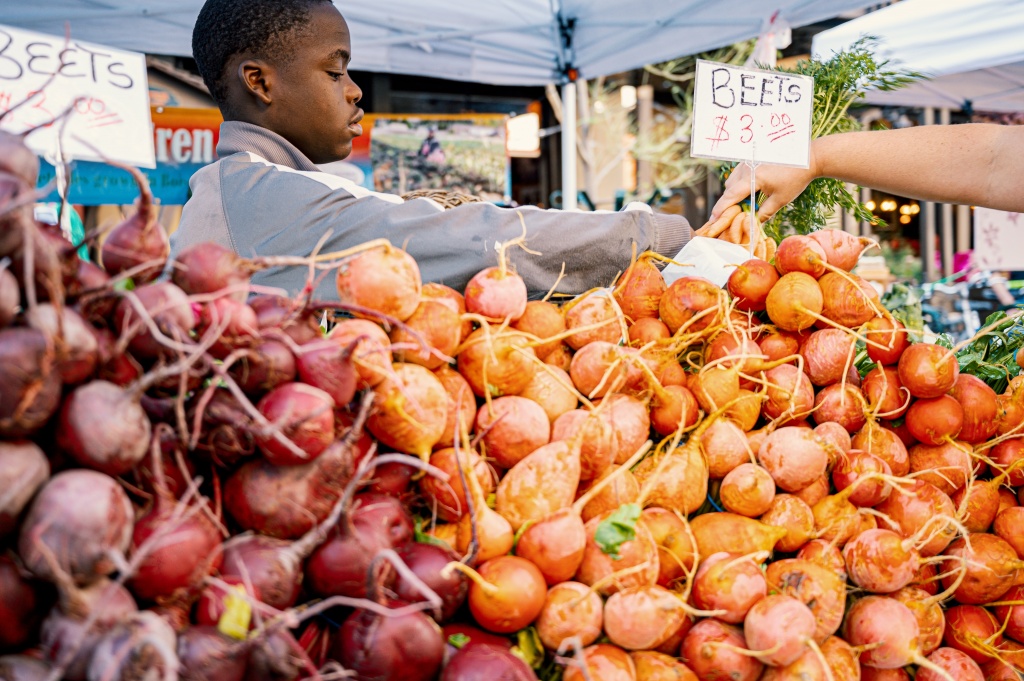Why do food systems need innovation in intensive refrigeration?
02.02.2022 | agriculture
The key to effectively storing food is to cool it quickly. This issue is particularly acute in the hot tropical corners of our world.
Every year, around 1.3 billion tonnes of food are simply thrown away. In the developed world, discussions often focus on food wastage by retailers and consumers who buy too much and allow surplus food to spoil. In developing countries, however, the main cause of food loss is the inability of farmers and retailers to refrigerate their crops immediately to extend their shelf life. The cold chain is the set of temperature-controlled equipment and production processes needed to keep food edible from farm to table.
Post-harvest food loss, when crops spoil before they can be sold and eaten, accounts for almost half of all fruits and vegetables harvested worldwide.
Food loss reduces farmers' incomes and contributes to hunger as supply becomes lower than demand, a problem that is not a short-term one. As the world's population continues to grow, a 60% increase in food supply is projected to be needed by 2050. To meet this demand, a way must be found to reduce post-harvest food losses.
The impact of global warming
Rising temperatures around the world are making it harder to store food, which needs to be 'refrigerated' to avoid spoiling. In India, for example, up to 50% of all perishable food is lost due to lack of cold storage and in Tanzania up to 97% of meat spoils for the same reason. Lack of cold storage capacity also makes transport over long distances difficult and farmers struggle to get their goods to markets.
An additional complication is that the provision of cold storage can contribute to environmental degradation. Cold storage is thought to contribute around 1% of global CO2 emissions. The result is a vicious cycle whereby climate change requires more cold storage facilities, but they also exacerbate global warming.

An affordable solution
One innovative solution is the creation of cold storage options that use renewable energy sources. ColdHubs, founded by a Nigerian entrepreneur, has developed a 'plug-and-play modular cold storage unit' that uses solar energy to power its cooling systems. This will eliminate the dependence on unreliable electricity grids. Farmers use a 'pay-as-you-go' system to store surplus produce as needed. ColdHubs is also working with the UN World Food Programme to create a self-contained cold storage system for a refugee market in Tanzania.
Promethean Power Systems also uses renewable energy to offer refrigeration solutions for dairy products. Its refrigeration units store electricity from the grid when it is available and use it to power cooling systems only when needed. They also come with solar backup power.
In India, where this system is most widely used, chillers 'on wheels' are rare, as bumpy, dusty roads often lead to breakdowns and the high price of diesel fuel makes them inefficient. Refrigerating milk immediately after collection will allow it to be transported in an insulated carton, rather than using a refrigerated vehicle. Each such cooler can serve 60-70 dairy farms in a village, allowing them to maintain milk quality from the moment it is collected until it is transported to the customer.

Innovation is the key to a sustainable future
Sustainable solutions that enable food to be cooled and stored quickly, and then transported to the point of sale, will reduce food wastage. This, in turn, means that yields can be maximised and losses in adverse climate conditions reduced, reducing hunger and providing farmers with a greater financial return on their hard work.
Agrovent humbly boasts an equally innovative solution. To ensure that your product is cooled almost instantly, we have developed a mobile intensive berry cooling chamber that can be located directly in the field!
The mobile berry chiller from A-berry cube has everything you need to store berries from 1 to 3 weeks, allowing them to be transported over long distances with no loss in weight or quality.
If you have any questions please call +74952293903 or email info@agrovent.com. Our specialists will be happy to advise you on any questions!

